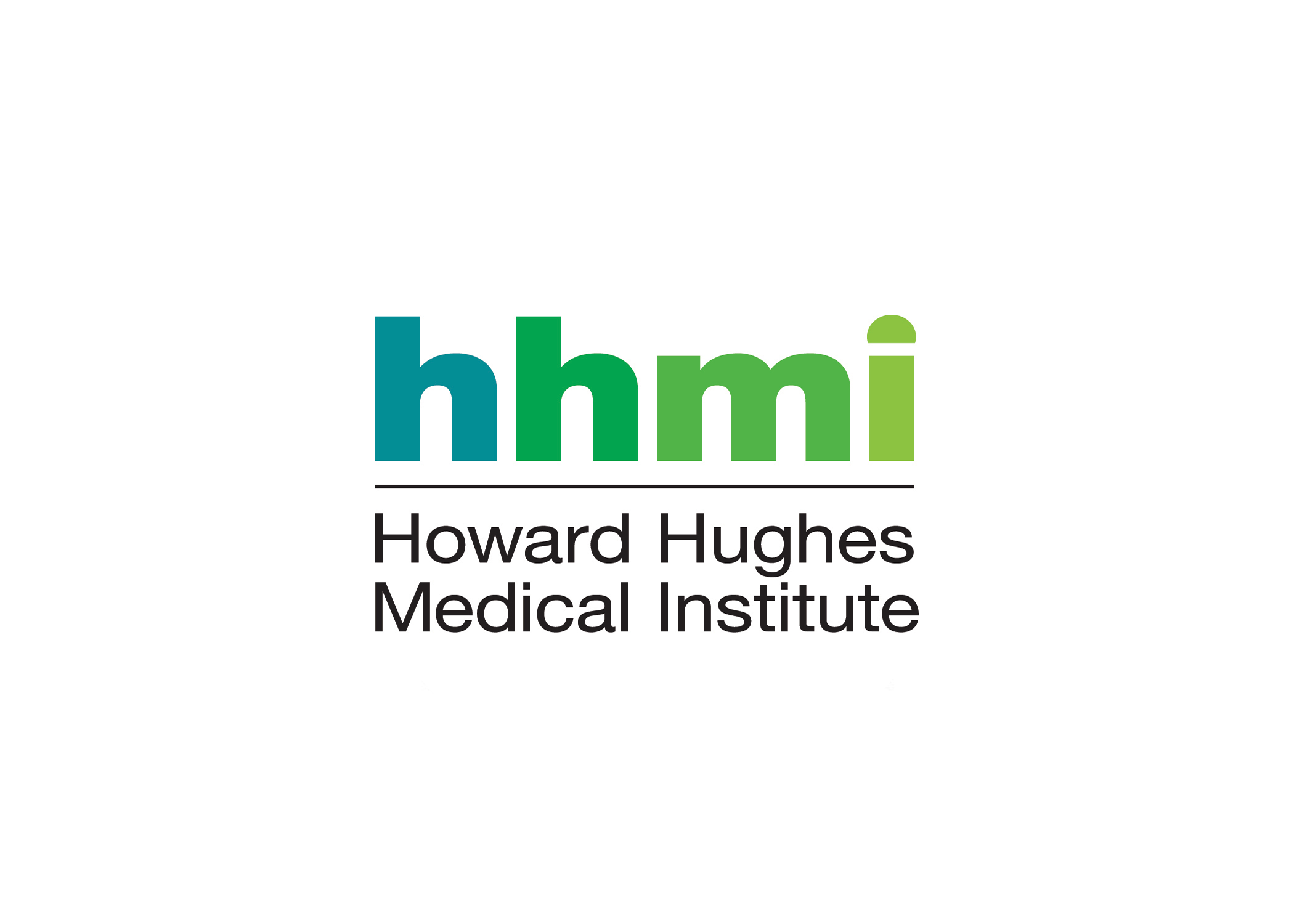Epigenetics, Development and Disease:
Mechanism, Technology and Application
development & reprogramming
Epigenetic and chromatin reprogramming in IVF and SCNT preimplantation embryos
technology & instrumentation
High throughput genomics and epigenomics, single cell transcriptome and epigenomics, live cell imaging, oocyte microinjection, etc.
Brain reward related learning & Memory
Brain cell heterogeneity, chromatin and epigenetic basis of addiction, learning and memory (see projects here)
Over the last decade, the Zhang lab has made significant contributions to the epigenetic field by identifying and characterizing many chromatin modifying enzymes that include: 1) the nucleosome remodeling and deacetylase NuRD (Cell 1998); 2) the H3K27me3 methyltransferase PRC2 (Science 2002); 3) the ubiquitin E3 ligase PRC1 (Nature 2004); 4) the JmjC histone demethylases (Nature 2006); and 5) the Tet family of 5mC dioxygenases and novel nucleotides 5fC and 5caC (Nature 2010; Science 2011).
The general approach of these studies involves biochemical purification and functional characterization in vitro, in cultured cells, as well as in mouse models. These studies have revealed that some of these enzymes play critical roles in cancer, which is the basis for the establishment of Epizyme, a company focusing on epigenetic-based cancer drugs.
Built upon our strength in protein biochemistry, the lab has expanded its capability to use a variety of state-of-the-art techniques, including single-cell live imaging, single cell transcriptomics and epigenomics, cell lineage tracing, somatic cell nuclear transfer, CRISPR/Cas9-based genomic and epigenomic editing, and intravenous self-administration to understand the molecular events at the beginning of mammalian life, somatic cell nuclear transfer reprogramming, and the development of drug addiction.





